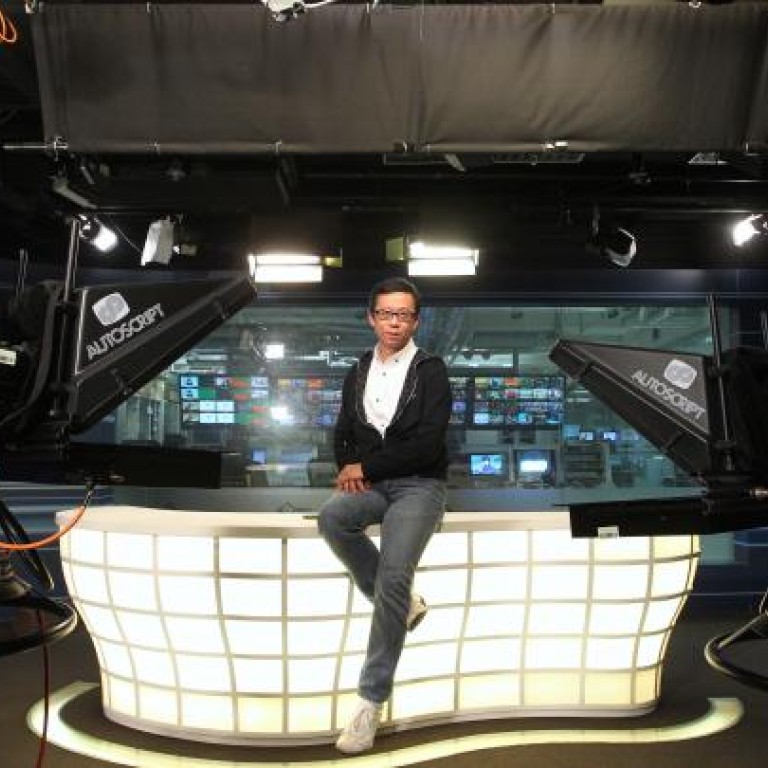
Competition will lead to better TV in Hong Kong
Amy Lai says discerning Hong Kong viewers, when given more choice, will value quality
The government has yet to decide on whether to approve new domestic free television licences in Hong Kong. ATV's executive director James Shing Pan-yu said our city could not accommodate more TV stations and that such a move would be disastrous for the industry. Some commentators have likewise argued that more competition in an already saturated industry would lead to "bad money driving out good", meaning that stations that deliver high-quality products will be forced out of the market, while the bad ones will remain.
Yet these people did not seem to understand the economic principle underlying the phenomenon, known as Gresham's Law. According to this principle, when one type of money is undervalued compared with another, the former will disappear from the market over time, leaving the latter in circulation.
Two conditions need to be satisfied for this to occur: first, the two currencies or commodities have to have identical or similar face values; second, they have to have different intrinsic values.
"Bad money chasing out good" can be seen in many industries, such as in the mainland's state-owned enterprises. Employees there get paid the same salaries regardless of their effort and talent. Diligent and talented employees, who are undervalued, tend to leave their jobs for more lucrative opportunities elsewhere. Inferior employees, who are overvalued and overcompensated, are all too happy to stay.
A similar situation happens among civil servants in many countries: their value to their governments does not increase even as they work harder and become more productive. The worst-case scenario occurs in a corrupt government, where greedy officials flourish while those with integrity either quit or stay reluctantly.
So will more television stations create good or bad competition in the industry? I doubt bad money will drive out good in this case. First, audiences can easily judge the merits of television programmes. Second, companies will try to deliver high-quality products to draw more viewers. In a free economy, the elimination of bad programmes - and the companies that produce them - is both reasonable and desirable.
Can audiences really tell good programmes from bad ones? I believe so. If TVB's bad programmes still enjoy high ratings, it's because ATV's shows are worse. High-quality programmes not only make people more socially aware, but help to refine their tastes and improve their language abilities. For the good of Hong Kong, the government needs to approve new licences.
